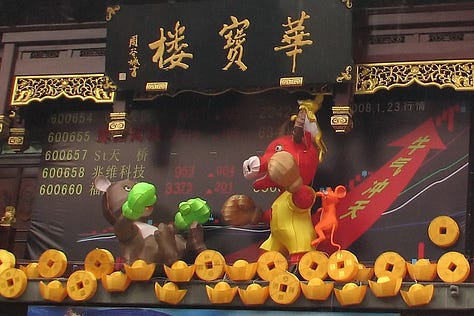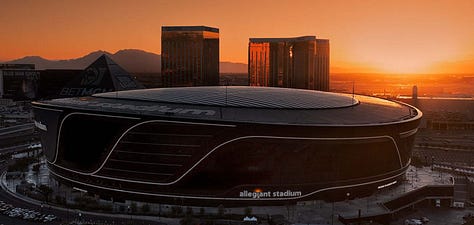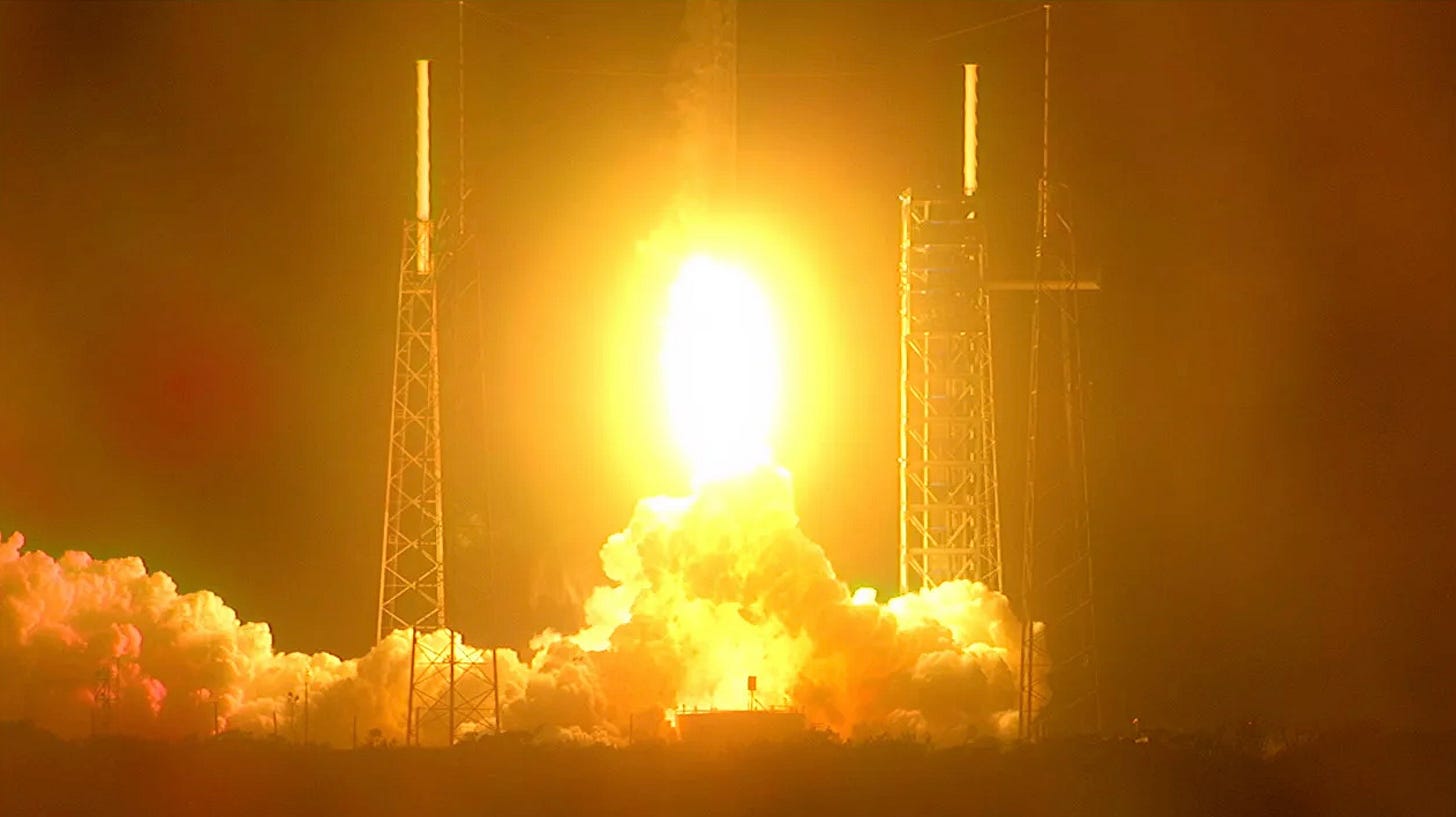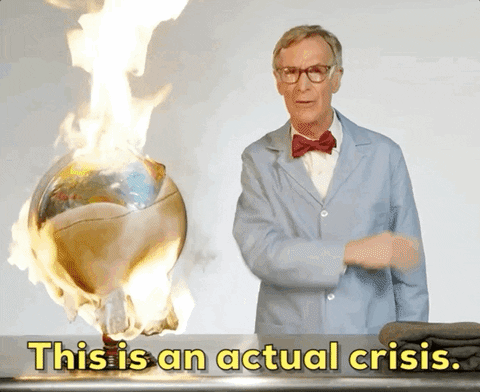Green Lights Feb. 16: Top stories this week
Don't miss a single story of the best from Callaway Climate Insights. Enjoy the Presidents' Day long weekend. We'll be back Tuesday.






. . . . Welcome back to Green Lights. Here’s our weekly roundup of the best of Callaway Climate Insights. This week, David Callaway looks at the expansion of carbon trading markets, Bill Sternberg talks about how EVs have become a political football in the U.S., and Matthew Diebel tells why the Super Bowl had him feeling a little green. Here are the highlights in a simple and convenient format that makes it easy for our readers. It’s also easy to subscribe.
. . . . The idea of taxing oil companies for their pollution is probably unrealistic, says David Callaway. However, the Australian government has been pushing hard to expand carbon trading markets as it realizes it must transition away from exports of fossil fuels and minerals. The markets are still small, but as they grow and the cost of carbon becomes more standardized, we can expect more discussion about how to use the fossil fuel industry to help drive the transition.
. . . . Almost half of the world’s migratory species are in decline, according to a new UN report. More than a fifth of the nearly 1,200 species monitored by the UN are threatened with extinction, including the Egyptian vulture, above. The biggest concern is for migratory fish, with 97% of the species on the brink of extinction. The two greatest threats to all migratory species are overexploitation and habitat loss due to human activity, according to the first ever State of the World’s Migratory Species.
. . . . No space in the climate world is more politicized this election season than electric vehicles, which are openly derided by Donald Trump as playthings of the coastal elites and loudly supported by the Biden administration as necessary for the climate transition, writes Bill Sternberg. With a major consumer product suddenly a political football, the emerging EV industry can only watch in amazement as the country battles over what it means to the future of transportation. It promises to be a bumpy road for the publicly traded automakers, at least until November. . . .
. . . . It was notable this week when the top three stock exchanges in China issued new climate disclosure requirements for large companies to report risk. David Callaway writes that once China can push through its latest market crisis, investors will have the benefit of more sophisticated climate disclosures from which to assess risk going forward.
. . . . Another reason to celebrate: Matthew Diebel notes in his insights column this week that Allegiant Stadium in Las Vegas, site of this past weekend’s Super Bowl, is now operating on 100% green energy, most of it from a giant solar farm. The amount of electricity needed is enormous: The stadium consumes about 10MW of power over five hours, the equivalent consumption of about 50,000 homes.
. . . . A new satellite mission to study ocean health, air quality, and the effects of a changing climate was successfully put into orbit recently. NASA says its PACE satellite (Plankton, Aerosol, Climate, ocean Ecosystem) will provide data so scientists and coastal resource managers can forecast the health of fisheries, track harmful algal blooms, and identify changes in the marine environment. PACE will provide insights into the interactions of the ocean and atmosphere, and how a changing climate affects these interactions,” NASA says.
More greenery . . . .
Fact check: The sun is hot, but modern climate change is caused by human activity (USA Today)
Something to talk about: Climate Change Is Fueling a New Type of Anxiety (Bloomberg)
Wildland firefighters: Changing climate means more risk, more work, longer seasons (Bulletin of The Atomic Scientists)
Held v. Montana: State appeals landmark decision for youth plaintiffs (Daily Montanan)
Clean-up on aisle 5: Climate change protesters dumped red powder on the case holding the U.S. Constitution (NBC News)







